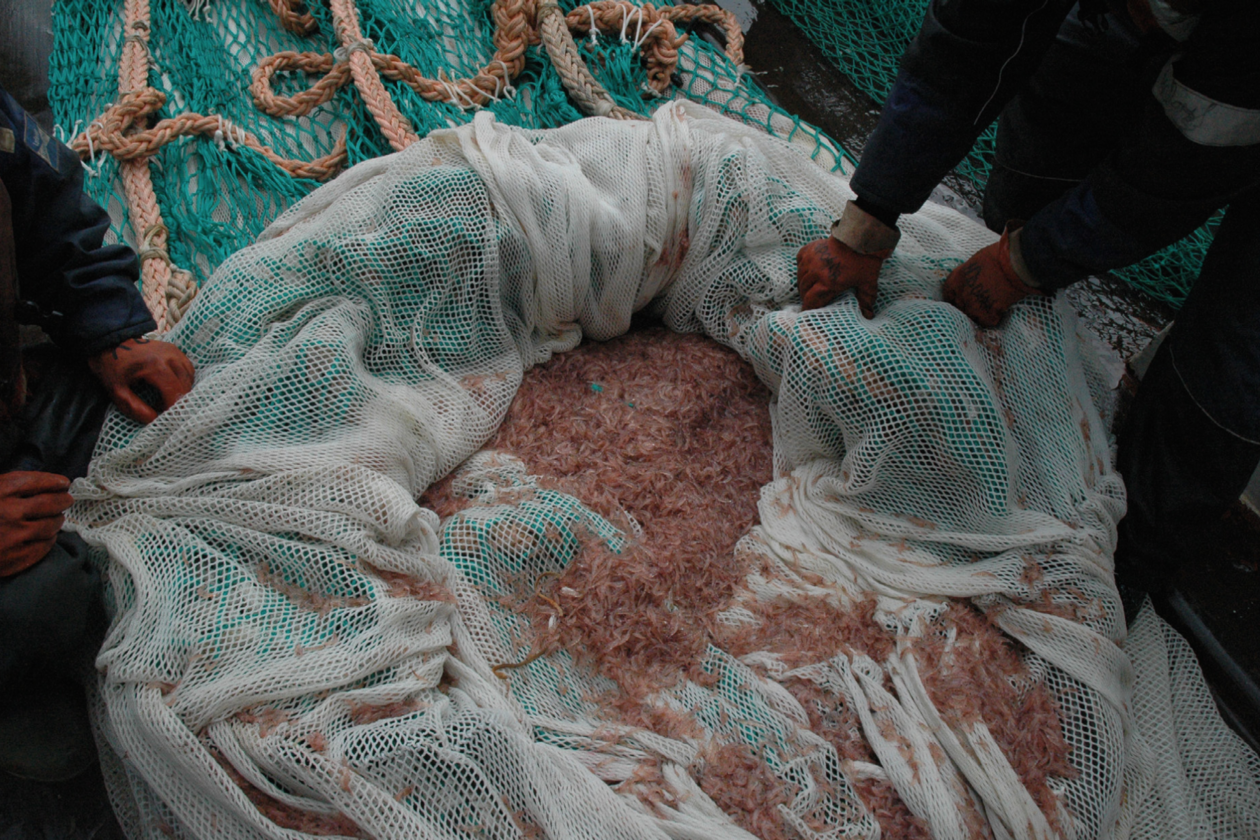Torborg is starting her studies of climate effects on the Antarctic krill
Torborg Rustand is heading to the Southern Ocean where she will be collecting zooplankton samples for the Master project.

Hovedinnhold
Torborg Rustand is off to the Antarctica in February–March 2016 for field work to collect data for her Research Master thesis. For her thesis, Torborg will be studying the taxonomical composition, abundance and distribution of zooplankton from trawl stations near the South Orkney Islands. She is joining a group of scientists from the Institute of Marine Research, Bergen and the Technical University of Denmark to Montevideo, Uruguay before boarding a Russian trawler which will transport them southwards towards the study area. Torborg will spend roughly 6 weeks at sea (including transportation to and form the South Orkney Islands area), analysing trawl catches before heading back to Bergen, where further investigation of the samples will continue at IMR.
She will analyse the biological data in view of environmental measures of temperature and salinity, and study changes from earlier to the present. Hence, climate trends might be established. As the west Antarctic Peninsula (near the South Orkney Islands) is one of the fastest warming areas on Earth, it is important to be able to evaluate how anthropogenic stressors are affecting wildlife, so that the ecosystem can be managed accordingly. For one of the species of zooplankton which will be assessed, the Antarctic krill, previous studies have identified a possible relationship between abundance, distribution and life history to climate related stressors. As the keystone species of the Southern Ocean, which animals from albatrosses to whales depend on for food, this underpins the importance of assessing these ecosystems to be able to predict future changes.
The thesis is supervised by Anne Gro Vea Salvanes (EvoFish) and Bjørn Krafft (IMR).
